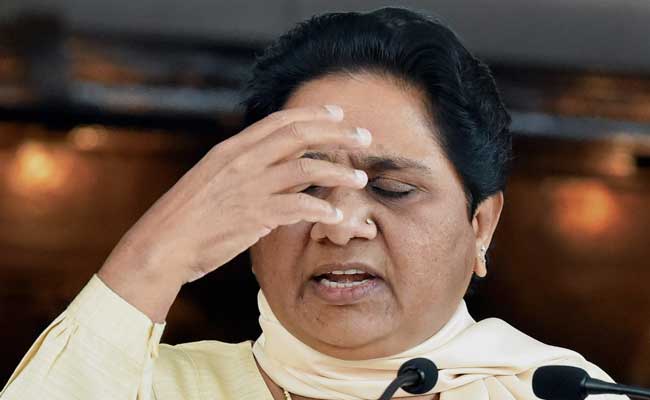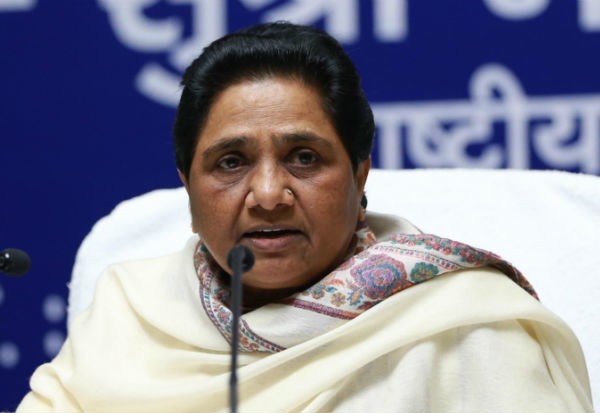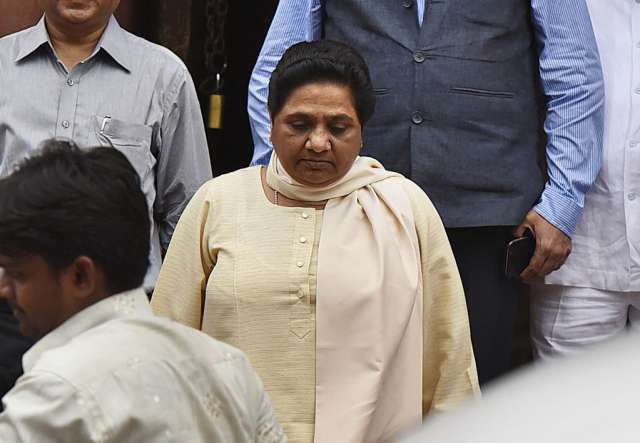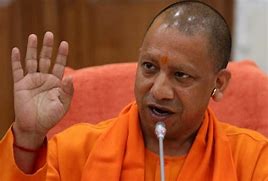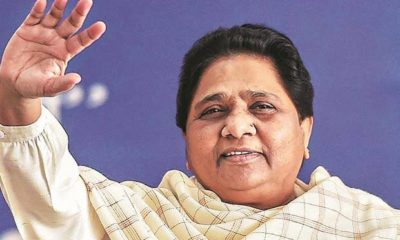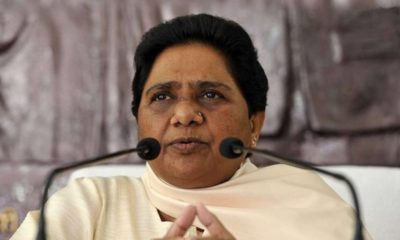Feature
Hit by political crises, BSP looking for leaders among workers
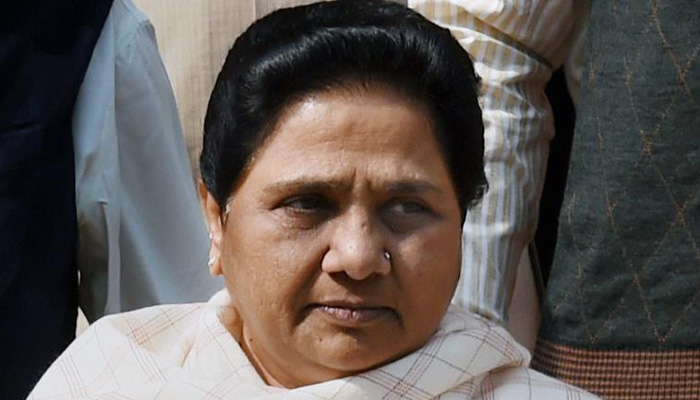
Lucknow: Battling the void left by departure of several senior leaders in the run up to the 2017 assembly elections in Uttar Pradesh, the Mayawati-led BSP has gone back to the drawing board to build a second rung of leadership as it prepares for the Lok Sabha polls next year.
Almost 150 leaders had quit the BSP around the assembly polls and several of them are now BJP MLAs, a senior leader, who quit the BSP, had said recently.
The work for reorganising the party right from the booth level to the top is going on with the party chief holding meetings on a regular basis, a BSP leader said requesting anonymity.
“The work is going on to bring the second line of leadership from among the cadres, who have been working with dedication since long, and prepare for the general elections early next year,” he said.
The party is focusing on tapping the energy and the enthusiasm of the young workers who are associated with the BSP mission and ideology, and are hard-working, he said.
“They are being given importance in the set-up. The young leaders are apt in communication in the present day scenario and convey the party message while motivating voters, especially of their own age group,” he said.
Before the last assembly elections, the BSP was hit hard by exodus of its senior leaders. Leaders like Naseemudin Siddiqui, Brijesh Pathak and Swami Prasad Maurya, who had become the party faces, are no longer with the BSP.
Griped under political crises, BSP searching for new leaders from among workers:
While Pathak and Maurya joined the BJP before the elections and are now ministers in the Yogi Adityanath-led government, Siddiqui, who was regarded as the Muslim face of the BSP and once confidant of the party chief, recently joined the Congress.
“Booth committees will be reorganised and members of backward, upper caste and Muslim communities, besides the Dalits, will most likely get adequate representation in the committees…missionary workers will be adjusted in the organisation and they will get priority in ticket allocation,” he said.
The BSP chief has also directed the leaders to organise cadre camps across the state for collecting feedback to gauge the mood of the people and gather information about the workers active on the ground.
Also, on the cards is the strengthening of the organisation in the states which go to polls this year, with Mayawati holding meetings with leaders from Madhya Pradesh, Rajasthan, Chhattisgarh to review preparations.
She has held a series of meetings with the party’s state units and also visited Karnataka where the BSP has entered into a pre-poll alliance with the Janata Dal (S), which also shows a marked change in the party’s thinking.
The party supremo is meeting with the leaders of different state units separately, he said.
After the BSP entered into a pre-poll alliance in Karnataka, the party cadres are keen on knowing about any such plan for the Lok Sabha elections. But the plan, if any, will only be decided at the eleventh hour, he said.
‘The party chief had made known her views that her party will go into a pre-poll alliance only when the offer made to her is a concrete one as well as honorable. Else, the BSP will go alone and there is no change in it as of now,” he said.
But keeping in mind electoral losses, there are chances of such an alliance as the elections draw nearer, since all the major parties are realising the need for unity to check the saffron march, he said.
Entertainment
Meghalaya Reserves Legalized Gambling and Sports Betting for Tourists

The State Scores Extra High on Gaming-Friendly Industry Index
Meghalaya scored 92.85 out of 100 possible points in a Gaming Industry Index and proved to be India’s most gaming-friendly state following its recent profound legislation changes over the field allowing land-based and online gaming, including games of chance, under a licensing regime.
The index by the UK India Business Council (UKIBC) uses a scale of 0 to 100 to measure the level of legalisation on gambling and betting achieved by a state based on the scores over a set of seven different games – lottery, horse racing, betting on sports, poker, rummy, casino and fantasy sports
Starting from February last year, Meghalaya became the third state in India’s northeast to legalise gambling and betting after Sikkim and Nagaland. After consultations with the UKIBC, the state proceeded with the adoption of the Meghalaya Regulation of Gaming Act, 2021 and the nullification of the Meghalaya Prevention of Gambling Act, 1970. Subsequently in December, the Meghalaya Regulation of Gaming Rules, 2021 were notified and came into force.
All for the Tourists
The move to legalise and license various forms of offline and online betting and gambling in Meghalaya is aimed at boosting tourism and creating jobs, and altogether raising taxation revenues for the northeastern state. At the same time, the opportunities to bet and gamble legally will be reserved only for tourists and visitors.
“We came out with a Gaming Act and subsequently framed the Regulation of Gaming Rules, 2021. The government will accordingly issue licenses to operate games of skill and chance, both online and offline,” said James P. K. Sangma, Meghalaya State Law and Taxation Minister speaking in the capital city of Shillong. “But the legalized gambling and gaming will only be for tourists and not residents of Meghalaya,” he continued.
To be allowed to play, tourists and people visiting the state for work or business purposes will have to prove their non-resident status by presenting appropriate documents, in a process similar to a bank KYC (Know Your Customer) procedure.
Meghalaya Reaches Out to a Vast Market
With 140 millions of people in India estimated to bet regularly on sports, and a total of 370 million desi bettors around prominent sporting events, as per data from one of the latest reports by Esse N Videri, Meghalaya is set to reach out and take a piece of a vast market.
Estimates on the financial value of India’s sports betting market, combined across all types of offline channels and online sports and cricket predictions and betting platforms, speak about amounts between $130 and $150 billion (roughly between ₹9.7 and ₹11.5 lakh crore).
Andhra Pradesh, Telangana and Delhi are shown to deliver the highest number of bettors and Meghalaya can count on substantial tourists flow from their betting circles. The sports betting communities of Karnataka, Maharashtra, Uttar Pradesh and Haryana are also not to be underestimated.
Among the sports, cricket is most popular, registering 68 percent of the total bet count analyzed by Esse N Videri. Football takes second position with 11 percent of the bets, followed by betting on FIFA at 7 percent and on eCricket at 5 percent. The last position in the Top 5 of popular sports for betting in India is taken by tennis with 3 percent of the bet count.
Local Citizens will Still have Their Teer Betting
Meghalaya residents will still be permitted to participate in teer betting over arrow-shooting results. Teer is a traditional method of gambling, somewhat similar to a lottery draw, and held under the rules of the Meghalaya Regulation of the Game of Arrow Shooting and the Sale of Teer Tickets Act, 2018.
Teer includes bettors wagering on the number of arrows that reach the target which is placed about 50 meters away from a team of 20 archers positioned in a semicircle.
The archers shoot volleys of arrows at the target for ten minutes, and players place their bets choosing a number between 0 and 99 trying to guess the last two digits of the number of arrows that successfully pierce the target.
If, for example, the number of hits is 256, anyone who has bet on 56 wins an amount eight times bigger than their wager.



